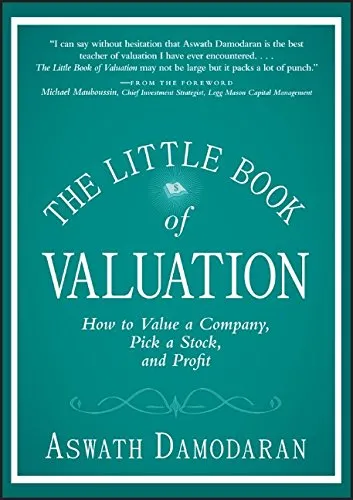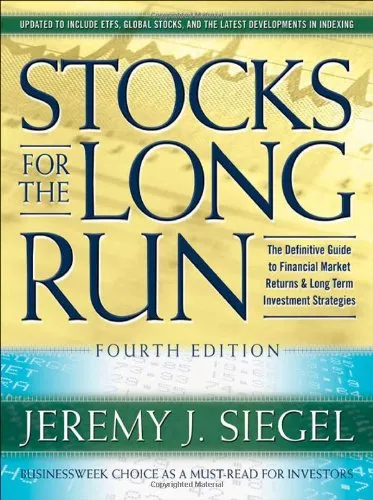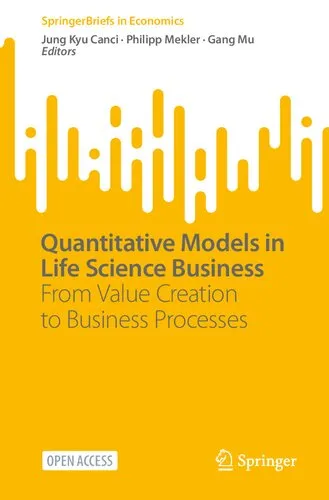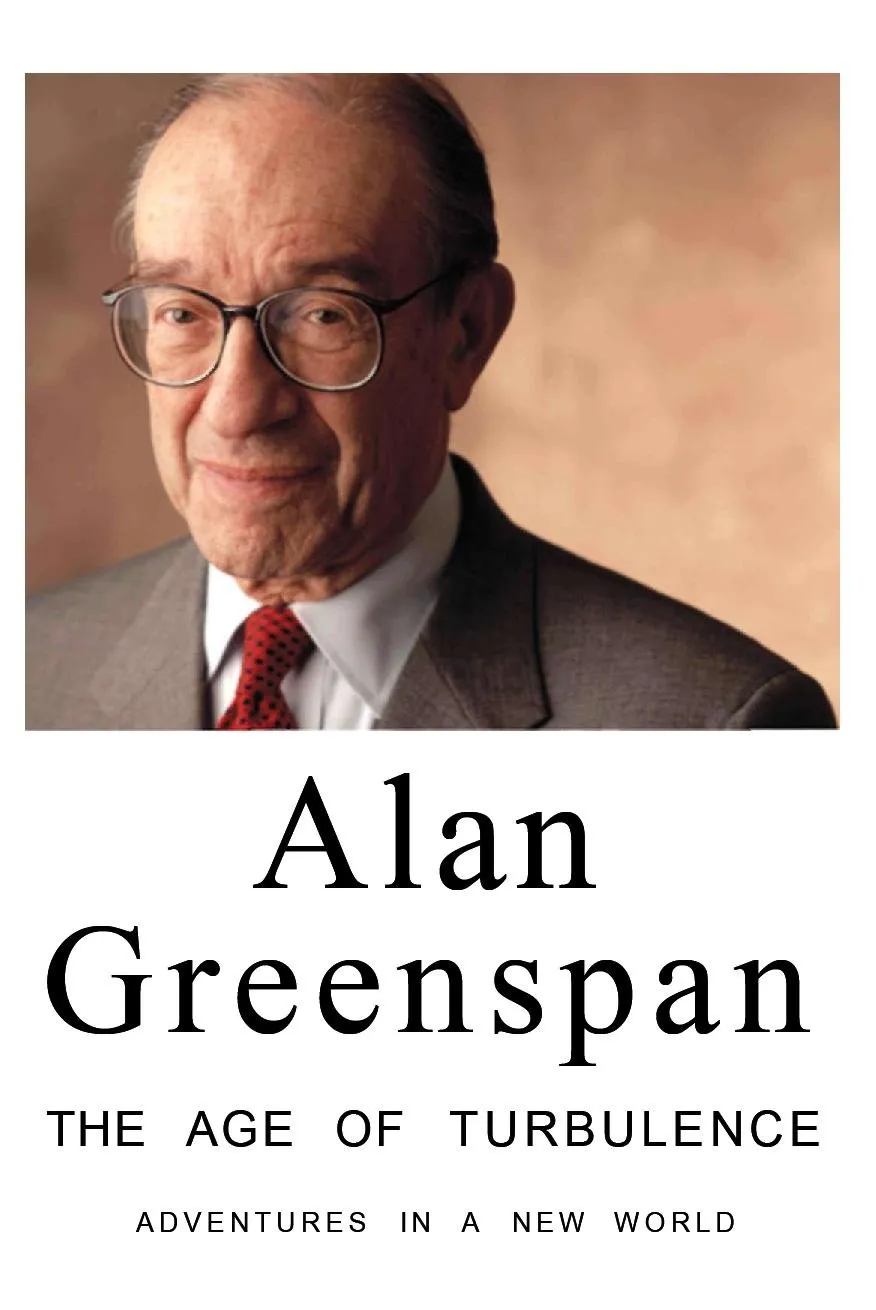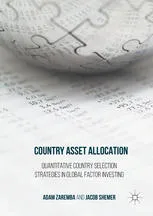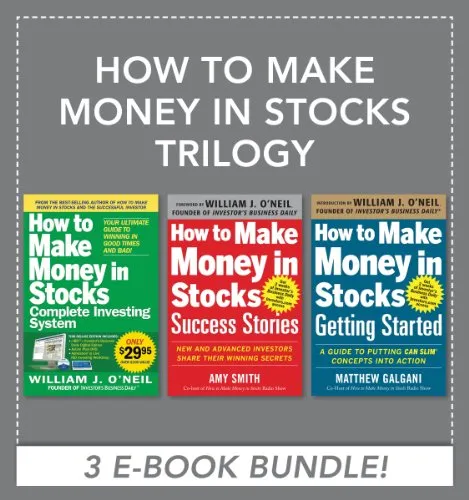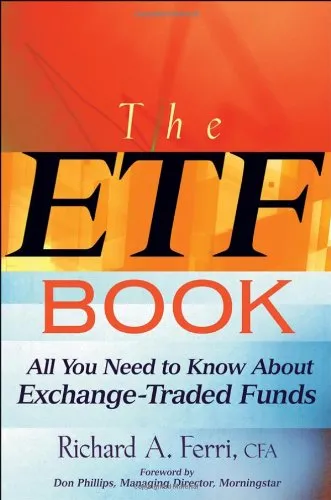The Wealth of Nations
4.5
بر اساس نظر کاربران

شما میتونید سوالاتتون در باره کتاب رو از هوش مصنوعیش بعد از ورود بپرسید
هر دانلود یا پرسش از هوش مصنوعی 2 امتیاز لازم دارد، برای بدست آوردن امتیاز رایگان، به صفحه ی راهنمای امتیازات سر بزنید و یک سری کار ارزشمند انجام بدینکتاب های مرتبط:
معرفی کتاب "The Wealth of Nations"
The Wealth of Nations با عنوان کامل "An Inquiry into the Nature and Causes of the Wealth of Nations"، اثری بزرگ و تاثیرگذار از اسمیت آدام است، که به عنوان یکی از ستونهای دانش اقتصادی مدرن شناخته میشود. این کتاب که در قرن هجدهم به نگارش درآمده، همچنان جایگاه مهمی در تبیین مفاهیم اقتصادی دارد و به عنوان منبع اصلی مطالعه در این حوزه باقی مانده است.
خلاصهای از کتاب
کتاب "The Wealth of Nations" به بررسی طبیعت و علل ثروت ملتها میپردازد. اسمیت آدام با تحلیل ساختارها و فرآیندهای اقتصادی مختلف، به دنبال فهم و توضیح چگونگی تاثیرگذاری نیروهای بازار، تقسیم کار، و اقتصاد آزاد بر کارآیی و تولید ثروت است. او به تفسیر ماهیت پول، تجارت بینالمللی، و مدلهای مختلف اقتصادی در جوامع پرداخته و ارتباط میان آنها را در جهت خلق ثروت و افزایش رفاه عمومی بررسی میکند. یکی از نکات کلیدی در کتاب، مفهومی است که امروزه به نام "Invisible Hand" شناخته میشود، که قدرت تنظیمکنندگی بازار آزاد را توصیف میکند.
نکات کلیدی
- توسعه مفاهیم بازار آزاد و تاثیر آن بر اقتصاد جهانی.
- ذکر اهمیت تقسیم کار و تخصصسازی به عنوان اصلیترین ابزار برای افزایش بهرهوری.
- تبیین اصول تجارت آزاد و ارتباط متقابل بینالمللی برای بهبود اقتصاد جهان.
- تحلیل جزئیات سیستمهای مالیاتی و تاثیر آنها بر تولید و توزیع ثروت.
جملات مشهور از کتاب
اسمیت آدام میگوید: "این از نیت سودخواهانه نانوا نیست که ما انتظار غذای شام خود را داریم، بلکه از پیگیری نفع شخصی او است."
"ثروت ملتها نتیجه کار تولیدکننده و مصرفکننده است، نه سیاستهای انگشتی و تعرفههای حمایتی."
چرا این کتاب اهمیت دارد؟
کتاب "The Wealth of Nations" ابزار اساسی برای فهم اصول و مبانی علم اقتصاد است. این اثر نه تنها به دلیل محتوای نظری خود، بلکه به خاطر اهمیت تاریخیاش، یک منبع کلیدی در توسعه دانش اقتصادی مدرن به شمار میرود. مطالعه این کتاب فرصت بررسی نگرشهای پایهای که اقتصاد مدرن بر آنها استوار است را ارائه میدهد و مسائل پیچیده اقتصادی را به زبان ساده و قابل فهم تبدیل میکند.
علاوه بر این، این کتاب باعث الهام بخشی به اندیشمندان و سیاستگذاران در سراسر جهان شده و بسیاری از مفاهیم اقتصادی همچون مزیت نسبی، سرمایهگذاری و بهرهوری، بر مبنای آن توسعه یافتهاند.
Introduction to "The Wealth of Nations" by Smith Adam
Published in 1776, "The Wealth of Nations" by Smith Adam is a revolutionary work that laid the foundations of modern economic theory. This book explores the nature and causes of a nation's prosperity and wealth, offering insights that remain relevant even today. Through detailed analysis and incisive commentary, Adam Smith offers an extensive look into the dynamics of economics, trade, and the division of labor.
Detailed Summary of the Book
The Wealth of Nations is divided into five books, each addressing distinct elements of political economy. Book I focuses on the division of labor, illustrating how specialization improves productivity and efficiency in the production process. Smith uses the iconic example of the pin factory to demonstrate how breaking down tasks led to increased output.
Book II investigates the nature of capital and how it is accumulated. Smith argues that capital is essential for producing wealth and is distinct from other forms of assets as it directly contributes to production. In Book III, Smith examines how wealth is distributed across different societies, offering historical analysis of economic progress in Europe.
Book IV tackles the mercantile policies prevalent in Smith's time, critiquing them and advocating for free trade. His famous notion of the "invisible hand" emerges here, as Smith suggests that individuals seeking personal gain inadvertently contribute to society's economic well-being.
Finally, Book V looks at the role of government in the economy, focusing on public finance and the necessary functions of government in justice, defense, and public works. Through meticulous discussions, Smith defines the limits and responsibilities of government involvement in economic activities.
Key Takeaways
- The division of labor enhances productivity and accelerates economic growth.
- Capital accumulation is critical for an economy’s development and sustainability.
- Free trade and minimal government intervention allow markets to self-regulate efficiently.
- The "invisible hand" serves as a metaphor for the self-regulating behavior of the marketplace.
- The state should focus on justice, national defense, and public infrastructure but limit economic interference.
Famous Quotes from the Book
"It is not from the benevolence of the butcher, the brewer, or the baker that we expect our dinner, but from their regard to their own interest."
"The real tragedy of the poor is the poverty of their aspirations."
"Consumption is the sole end and purpose of all production; and the interest of the producer ought to be attended to, only so far as it may be necessary for promoting that of the consumer."
Why This Book Matters
The Wealth of Nations is more than just a comprehensive inquiry into economics; it is an embodiment of Enlightenment thinking. Smith's ideas paved the way for the classical economics movement, influencing figures like David Ricardo and John Stuart Mill. Its teachings remain pertinent as modern economists and policymakers grapple with issues of free market principles versus regulatory oversight.
Smith's ideas encourage us to consider the impact of individual enterprise on societal prosperity, highlighting the delicate balance between self-interest and the public good. For anyone interested in understanding the fundamental mechanisms driving economic systems, "The Wealth of Nations" remains an indispensable work, significant both historically and intellectually.
دانلود رایگان مستقیم
شما میتونید سوالاتتون در باره کتاب رو از هوش مصنوعیش بعد از ورود بپرسید
دسترسی به کتابها از طریق پلتفرمهای قانونی و کتابخانههای عمومی نه تنها از حقوق نویسندگان و ناشران حمایت میکند، بلکه به پایداری فرهنگ کتابخوانی نیز کمک میرساند. پیش از دانلود، لحظهای به بررسی این گزینهها فکر کنید.
این کتاب رو در پلتفرم های دیگه ببینید
WorldCat به شما کمک میکنه تا کتاب ها رو در کتابخانه های سراسر دنیا پیدا کنید
امتیازها، نظرات تخصصی و صحبت ها درباره کتاب را در Goodreads ببینید
کتابهای کمیاب یا دست دوم را در AbeBooks پیدا کنید و بخرید
1389
بازدید4.5
امتیاز0
نظر98%
رضایتنظرات:
4.5
بر اساس 0 نظر کاربران
Questions & Answers
Ask questions about this book or help others by answering
No questions yet. Be the first to ask!
